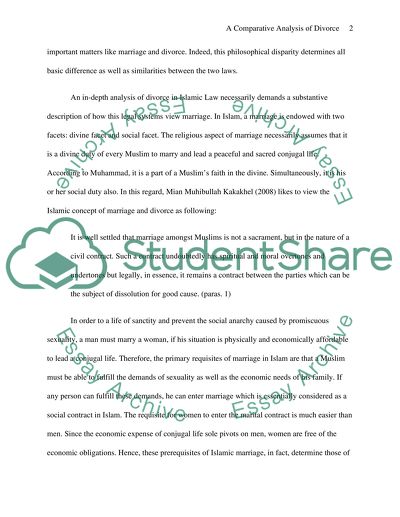Cite this document
(“Divorce Essay Example | Topics and Well Written Essays - 1500 words”, n.d.)
Retrieved from https://studentshare.org/law/1488737-divorce
Retrieved from https://studentshare.org/law/1488737-divorce
(Divorce Essay Example | Topics and Well Written Essays - 1500 Words)
https://studentshare.org/law/1488737-divorce.
https://studentshare.org/law/1488737-divorce.
“Divorce Essay Example | Topics and Well Written Essays - 1500 Words”, n.d. https://studentshare.org/law/1488737-divorce.


